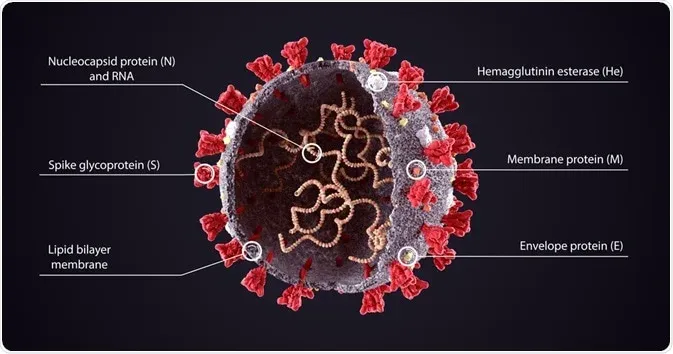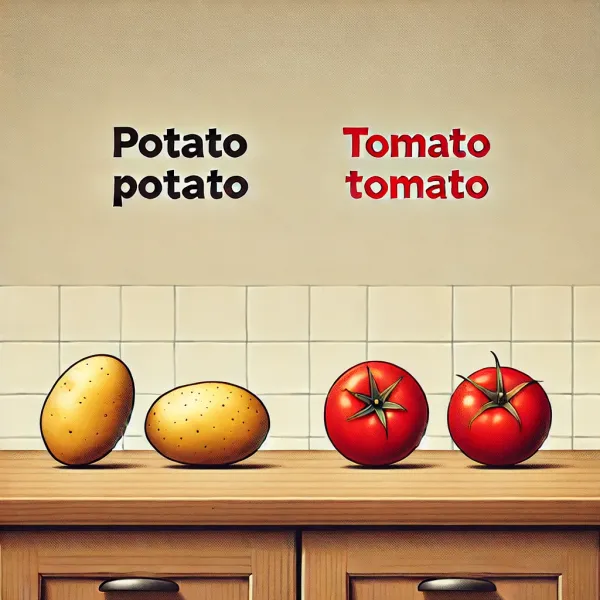Spike Protein & Cancer

COVID-19 seems like ages ago. The world has moved on. You don't see masks, people queuing up outside hospitals, or restrictions on travel.
Yet the aftereffects still linger. Something known as spike protein appears to be central to one of the aftereffects.
A spike protein is a hook-like structure that the COVID virus uses to latch onto your cell. In medical practice, latching is critical because that is how the virus makes host in your body.
Some of the vaccines used the same concept as a cure. According to research reports, there is a possible link between spike proteins and cancer.
The link between cancer and a virus infection is not new. I was surprised to learn that the Epstein-Barr virus, the human papillomavirus, and the hepatitis B and C viruses were all associated with cancer.
According to one estimate, infections account for over 15% of all cancer cases.
A number of factors appear to be responsible for the link. Senescence is one important factor. Senescence is the ability of a cell to self-destruct.
However, when this happens, it appears to produce inflammatory chemicals. I am simplifying, but these inflammatory chemicals can then turn off your ability to regulate cancer cells.
So where does the spike protein come in?
Put simply, the spike protein seems to activate a lowering of your immune function, which in turn can allow carcinogenic substances or cancer cells in your body to take over.
One of the best cures if you are at risk is autophagy. Autophagy occurs when your body consumes its dead toxic cells. Fasting is the best way to achieve autophagy.
There are many ways to fast. If you're new to fasting, begin by fasting for at least sixteen hours, ideally without water. For those who can, stretch this for as long as you can, up to seventy-two hours.
Reach out to me on twitter @rbawri Instagram @riteshbawriofficial and YouTube at www.youtube.com/breatheagain






